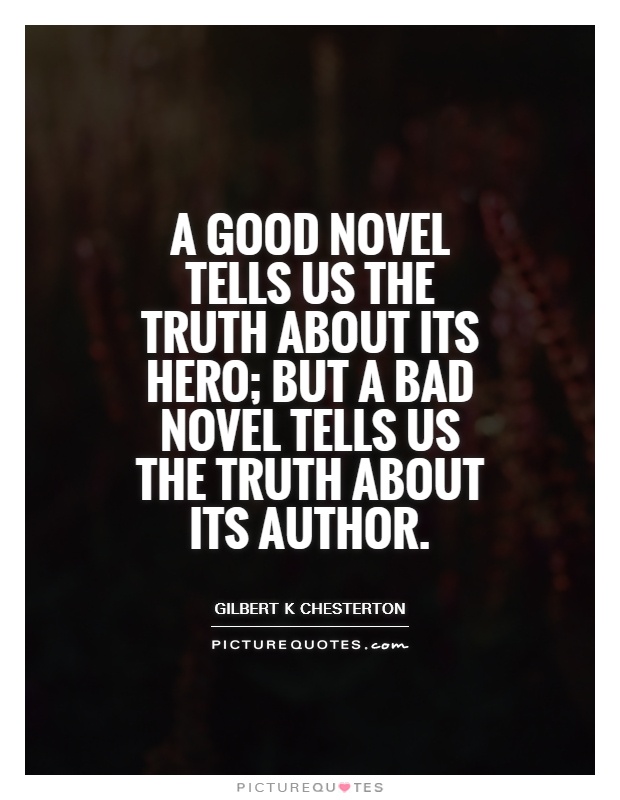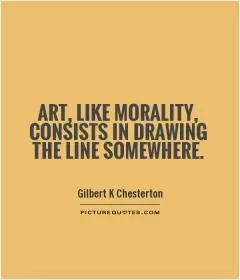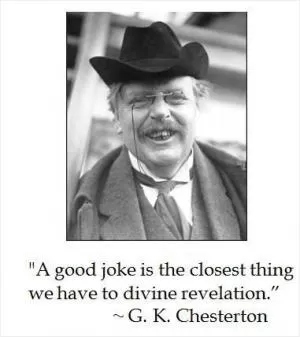A good novel tells us the truth about its hero; but a bad novel tells us the truth about its author

A good novel tells us the truth about its hero; but a bad novel tells us the truth about its author
Gilbert K. Chesterton, a prolific writer and thinker of the early 20th century, was known for his ability to create complex and memorable characters in his novels. His works often delved into the human condition, exploring themes of morality, faith, and society. Chesterton believed that a good novel should reveal the truth about its hero, allowing readers to gain insight into the character's motivations, struggles, and growth throughout the story.In Chesterton's novels, such as "The Man Who Was Thursday" and "The Napoleon of Notting Hill," the heroes are often flawed individuals who must confront their own weaknesses and make difficult choices. Through their actions and decisions, readers are able to see the true nature of the characters and understand the moral dilemmas they face. Chesterton's heroes are not perfect, but they are relatable and human, making their journeys all the more compelling.
On the other hand, a bad novel, according to Chesterton, reveals the truth about its author. In other words, when a writer fails to create believable and engaging characters, it reflects poorly on their own abilities and understanding of human nature. Chesterton believed that a writer's characters should be authentic and multi-dimensional, allowing readers to connect with them on a deeper level.
Chesterton's own characters were often larger than life, with quirks and eccentricities that made them stand out. Whether it was the enigmatic Gabriel Syme in "The Man Who Was Thursday" or the idealistic Auberon Quin in "The Napoleon of Notting Hill," Chesterton's heroes were memorable and unique, reflecting his own wit and imagination.












 Friendship Quotes
Friendship Quotes Love Quotes
Love Quotes Life Quotes
Life Quotes Funny Quotes
Funny Quotes Motivational Quotes
Motivational Quotes Inspirational Quotes
Inspirational Quotes